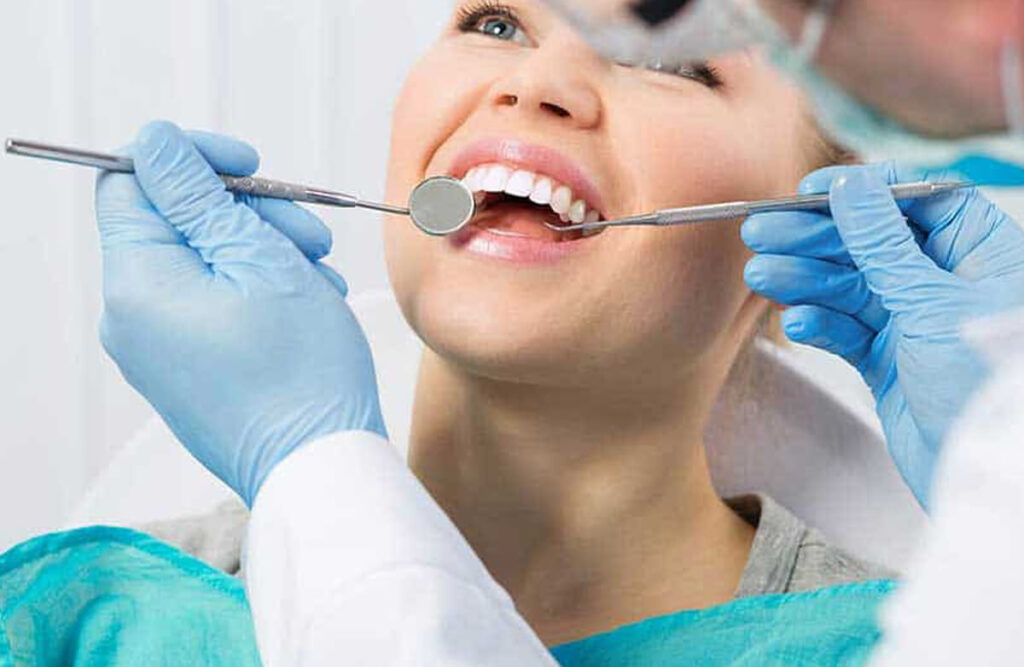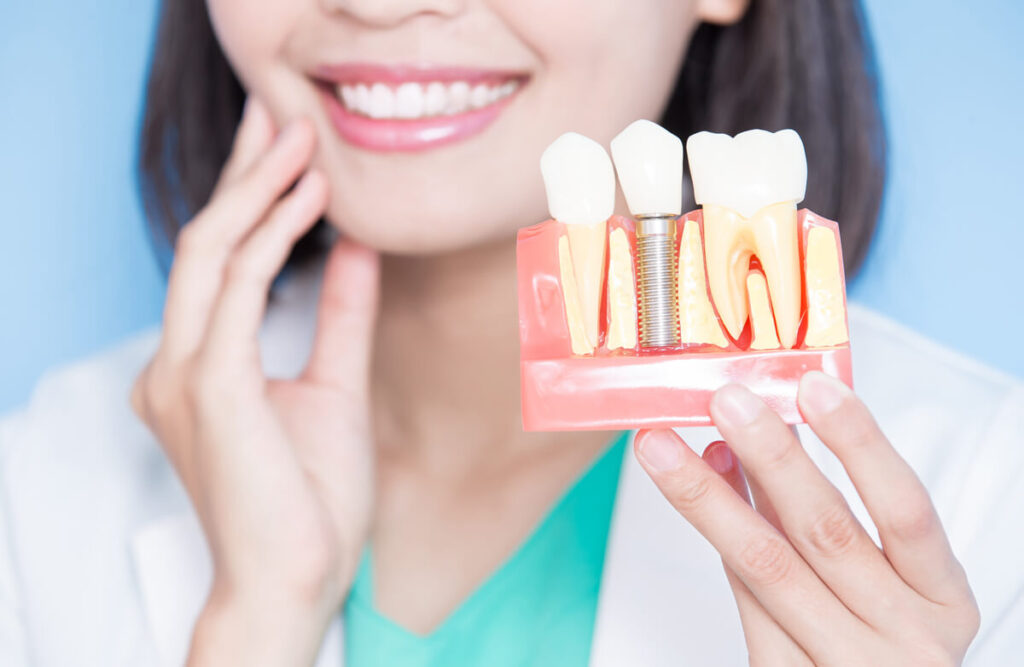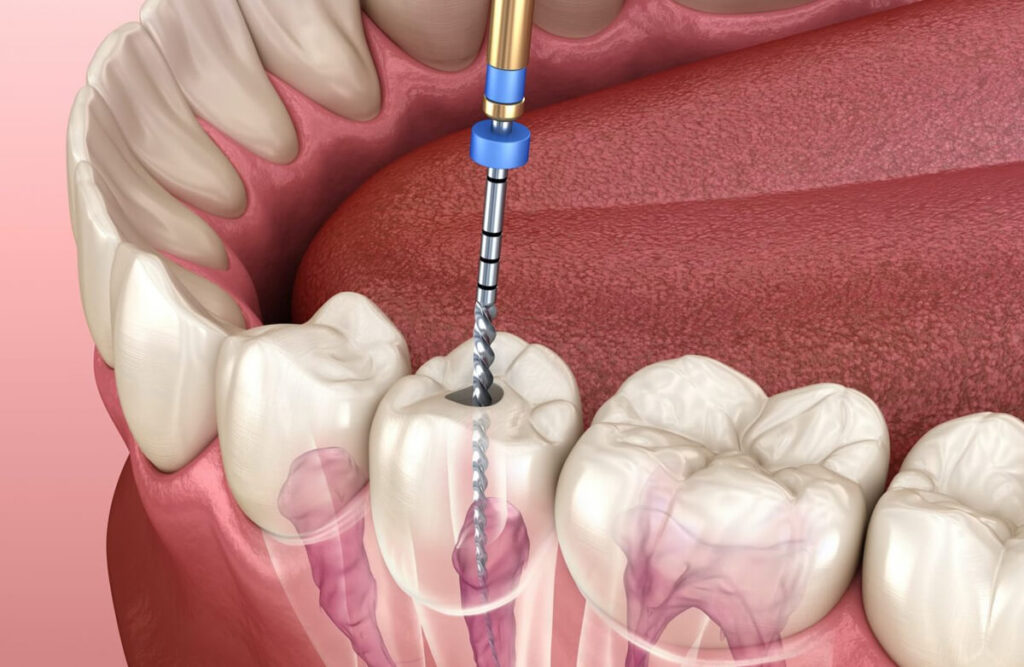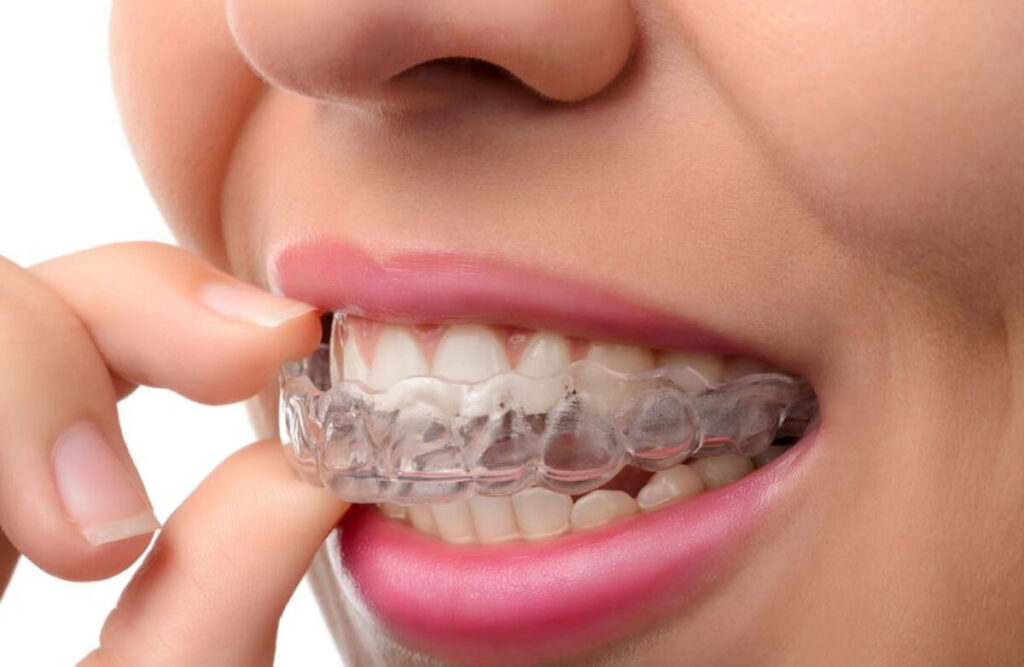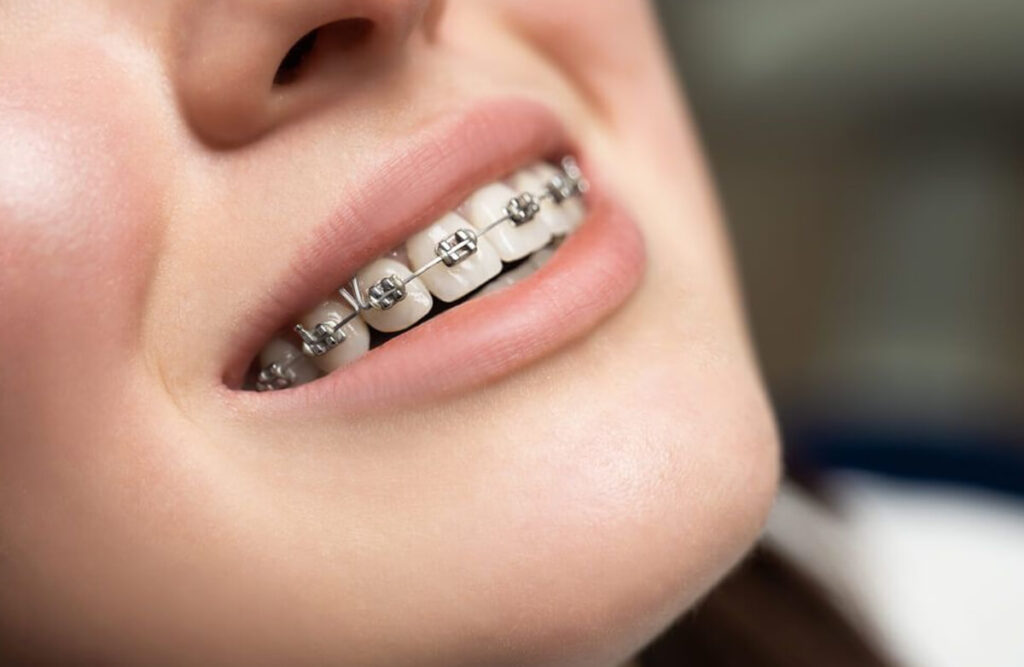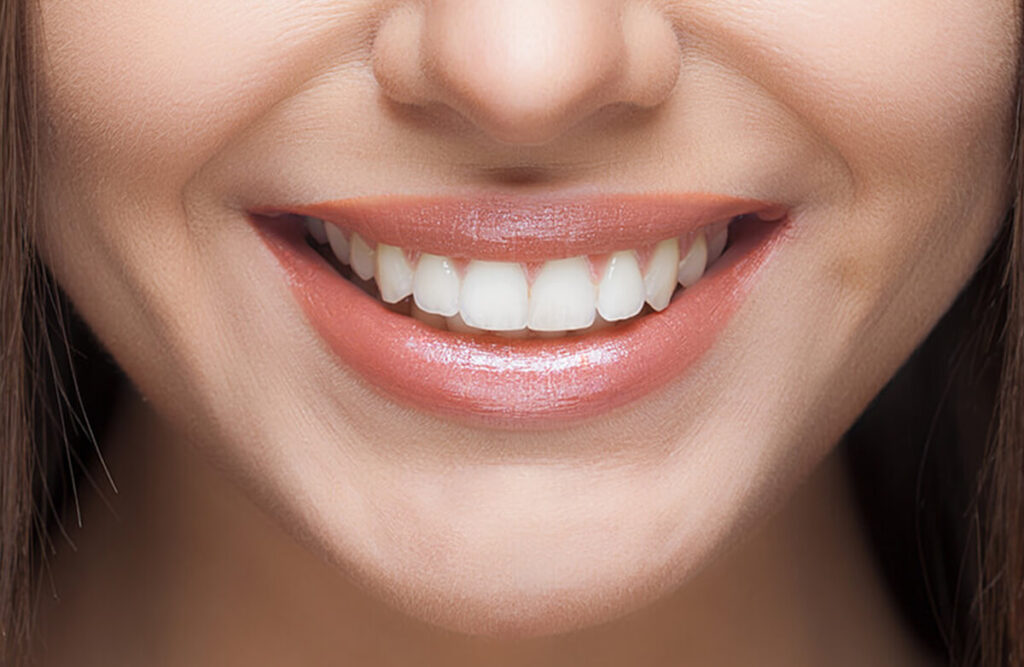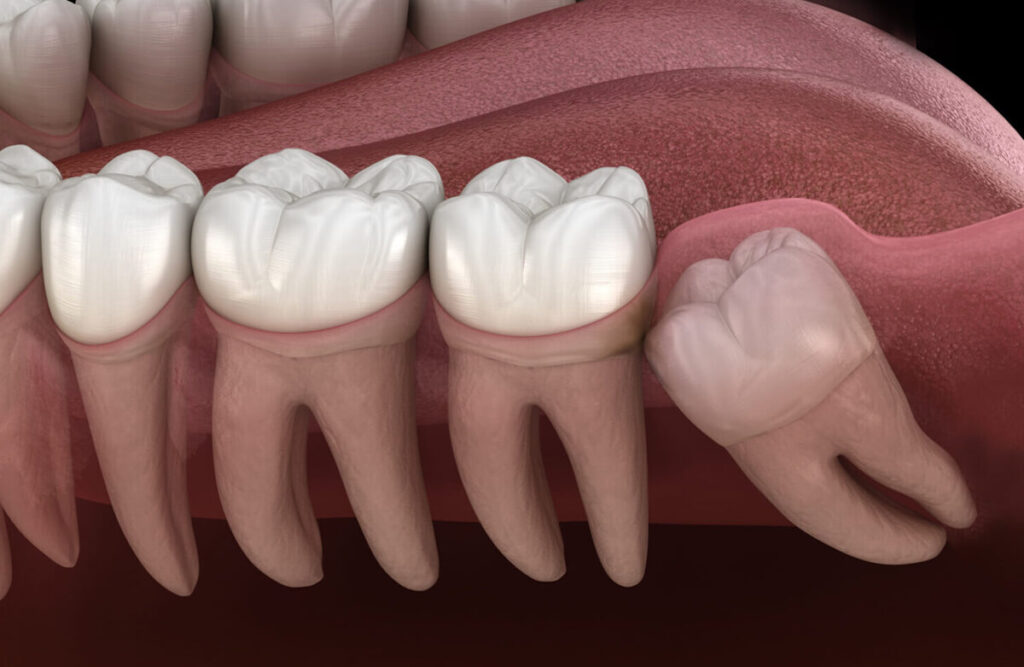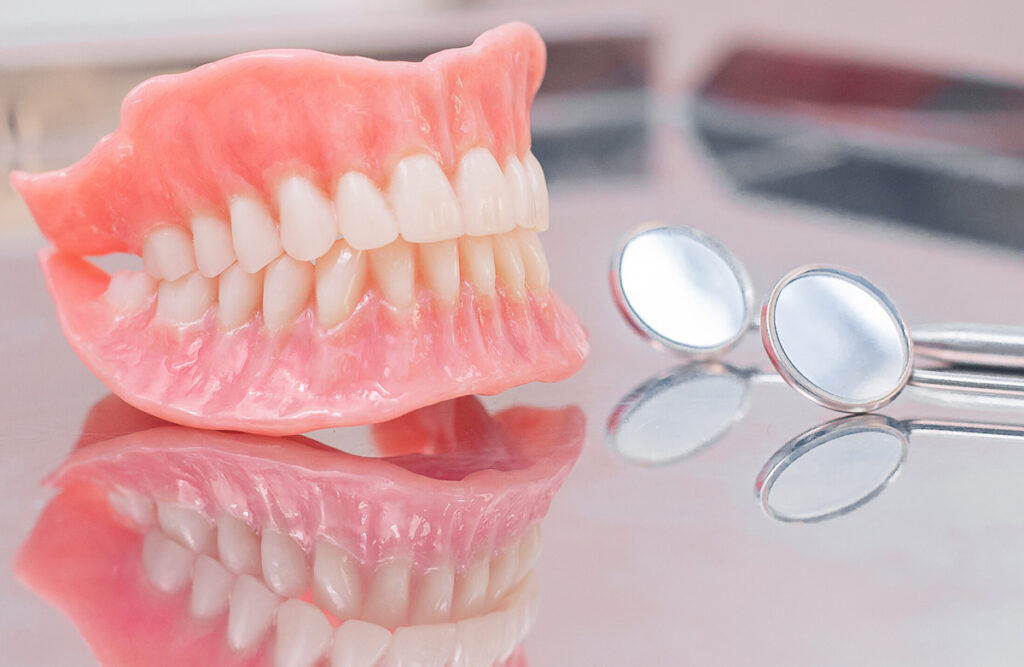Frequently Asked
Questions
Globally incubate standards compliant channels before scalable benefits. Quickly disseminate superior deliverables whereas web-enabled applications. Quickly drive clicks-and-mortar catalysts for change before vertical architectures.
How Can I Schedule My Initial Appointment?
- You may submit a query using the online form at www.puresmilesdental.com, yes.
- Dial 9667380300 to reach us.
- Send us an email at- dental.puresmiles@gmail.com
For my first appointment, what should I bring?
- During your initial appointment, you should always have your medical history with you.
- An Overview of Allergies
- Please wait to see your dentist if you are experiencing tooth pain before taking any medications or painkillers since they may hide the symptoms.How Many Times Should I Go to the Dentist?
How Many Times Should I Go to the Dentist?
- At minimum, one ought to see a dentist:
- Twice a year, or six months apart, for routine check-ups
- See a dentist right away if you have any dental issues, including sensitive teeth, bleeding gums, or toothaches.
Can Teeth Be Made Looser by Cleaning Them?
It is not the cleaning process that will cause teeth to come out. The surrounding bone and gum tissue help to hold the teeth firmly in place. Gum and bone infections are brought on by tartar, which is a buildup of germs and food debris around teeth. Teeth gaps are caused by this infection’s subsequent retraction of bone and gum levels (pyorrhoea). When tartar builds up, teeth might become looser if it is not frequently removed (every six months). Tartar will be eliminated and the gum and bone resorption will be halted by the cleaning process. The teeth and gums will have a longer lifespan and greater integrity as a result.
What’s the Recommended Frequency for Teeth Cleaning?
The specific oral requirements of each dental patient vary since no two patients are same. Some people just require more frequent dental visits since they are more likely to experience dental problems. Some people may probably not have any dental problems at all, which means they won’t require tooth cleanings as frequently. It is generally recommended that patients schedule a professional dental cleaning every six months. For the majority of individuals, this is excellent, but others will only need to visit once every three months, and others once every nine or twelve months.
Poor Breath: What Causes It?
The frequent oral health issue of bad breath, or halitosis, can be caused by a number of systemic illnesses, including diabetes, respiratory issues, stomach disturbances, and digestive disorders, in addition to tooth issues.
Poor dental hygiene, food lodged in decaying teeth, gum disease, and dirty tongue can all lead to bad breath. In addition to receiving treatment for gum disease or tooth decay, you could be advised to use mouthwash and instructed in good brushing and flossing habits.
When Will the First Tooth Become Apparent in My Child?
At six months of age, the first tooth typically erupts. The lower front teeth (lower central incisors) always erupt first. Most kids lose all of their baby teeth by the time they are three years old. The earliest possible tooth appearance might vary greatly. When they get one year old, some newborns could not even have teeth! Babies get the ability to put their hands in their mouths, have more saliva, and start using their mouths to explore the environment at three months of age. To what extent their infant is teething is a question that many parents ask.
Teething can cause a child to become grumpy since it can cause symptoms including drooling, irritation, restlessness, and appetite loss. Teething symptoms can also include fever, sickness, and diarrhoea, but if your kid has these later on, they should see a pediatrician. Chewing on a frozen or cold rubber teething ring is the most effective way to soothe a youngster. Topical creams and anesthetics are not recommended.
There are cavities in my child’s baby teeth. Must they be filled?
Yes, it is essential to fill your baby’s teeth. Until they mature into adults and get their permanent teeth, children need their teeth to eat, speak, and smile. Permanent teeth occupy the area left by baby teeth. In the event that your kid loses a baby tooth too soon, there may be less room in the jaw for the permanent tooth to erupt because the neighbouring teeth may tilt or migrate into the vacant area. If treatment is not received, the permanent tooth may erupt, crowded or obstructed. In addition to discomfort and illness, decaying baby teeth can interfere with eating, sleeping, and attending school. Some baby teeth remain in the mouth until the age of twelve or thirteen, which is much too long for them to experience pain and discomfort.
What Age Is Appropriate for Braces Treatment?
People of any age can receive braces, while teenagers are the ideal candidate for this therapy. However, because adult patients’ bone is denser, the course of therapy may take longer. However, with more recent treatment methods such as ceramic braces that are invisible, treatment time and aesthetics are no longer an issue.
Is Visiting a Dentist Safe While Expecting?
When it comes to receiving dental care, the second trimester is the safest. The hormonal fluctuations that occur during pregnancy necessitate periodic dental cleanings by a dentist. Blood vessels and the digestive system are mostly accessed through the mouth. An excellent predictor of general health is your dental health. Periodontitis and dry mouth might be more common due to hormonal fluctuations and certain drugs.
A root canal: What is it?
There is soft tissue called pulp inside your teeth, located underneath the hard dentin layer and the white enamel. During the tooth’s development, connective tissue, blood vessels, and nerves are found in this tissue. The only method to save a tooth when decay or a cavity in the tooth reaches the pulp is to remove the diseased pulp along with its blood and nerve arteries. Root canal therapy (RCT) is the term for this process. In this case, the tooth is still in your mouth and continues to operate correctly following the treatment. With the use of technology, dental procedures like fillings are common and painless, and RCTs are no different.
Depending on the state of your tooth and your unique situation, it is often finished in one or two sessions. It is comparatively painless and quite effective to get a root canal. In short order, you’ll be able to chew, bite, and smile without difficulty.
- With a root canal, there are several benefits to preserving the original tooth.
- Effective Gumming
- normal sensation and biting force
- Authentic Appearance
- Prevents excessive wear and strain on adjacent teeth
Dental Fillings: What Are They? Should I Get It?
A tooth affected by decay can be made to function and look normal again with the use of a filling. A filling is a dental procedure in which a dentist extracts decaying or black deep cavities from your tooth, cleans the afflicted region, and then fills the cleaned-out space with a biocompatible substance.
Additionally, a filling helps stop additional degradation by sealing off areas that germs can access. For fillings, materials like amalgam (an alloy of mercury, silver, copper, tin, and occasionally zinc), porcelain, composite resin (tooth-coloured fillings), and gold are utilized.

Download Brochure
Energistically scale future-proof core competencies vis-a-vis impactful experiences. Dramatically synthesize integrated schemas with optimal networks.
What Happens If a Tooth Is Accidentally Knocked Out?
Should you lose a tooth, you ought to:
- Track down the tooth.
- The white portion that shows through the gums is called the crown.
- If the tooth is unclean, clean it or give it a quick rinse in water.
- Place it back in place (only for adult teeth). Never attempt to replace a baby tooth.
- To secure the tooth, gently bite onto a handkerchief or piece of cotton.
- As soon as possible, visit the dentist.
See a dentist right soon and place the tooth in milk if you are unable to realign it.
A knocked out tooth is more likely to re-emerge into the gums if it is re-implanted quickly.
Re-implanting a baby tooth that your child knocked out is not a good idea since it might harm the adult tooth that is growing below. See a dentist right away with your youngster.
If you replace your teeth on your own and subsequently see a dentist, the dentist will use X-rays and clinical observation to determine if the tooth is positioned correctly.
For two weeks, they will splint it to the teeth on either side to keep it in place. Splinting is a method that uses a temporary attachment to hold the tooth in place. If you have visited the dentist immediately after saving your teeth in milk, the dentist will numb the injured region and realign the tooth. Before cementing it to the teeth on either side for a fortnight, an X-ray will be taken to ensure that it is in the proper place.
Proceed immediately to a nearby dentist if you have lost a tooth. In order to fix a new one, they can offer you a number of solutions, such as:
- Bridging the gap with immediate dental implants
- How Can I Replace a Missing Tooth? What Are My Options?
Losing teeth can cause functional issues in addition to aesthetic ones. It’s common to underestimate the severity of a tooth loss disease. In the event that a lost tooth is not restored, the neighbouring teeth begin to move or shift into the void. In the same area, the opposing tooth begins to erupt.
Teeth migration causes gaps, food lodgement, cavities, gum disease, and other issues. The whole bite may be impacted by tooth replacement, which can also lessen the excessive and uneven pressure that chewing places on neighbouring teeth. The following choices exist for tooth replacement:
- Implants Dental
- bridges and crowns
- Take-Away Partial Denture
- Full Denture
Why Do Teeth Become Decayed?
Tooth decay and cavities are caused by insufficient brushing technique or neglecting oral hygiene. As a result, some food fragments stay in the mouth. When this meal interacts with oral microorganisms, acid is produced that leads to cavities and decay.
Cavities, also known as dental caries, are holes in your teeth caused by tooth decay. Tooth decay can result in discomfort, infection, and even tooth loss if left untreated. Where minerals have been lost, there can be a white patch. This is a precursor to dental decay. At this stage, you might be able to slow down or even reverse the decline. If you restrict sugary and starchy meals and drinks and take better care of your teeth, your enamel can still heal itself. More minerals will be lost, though, if dental deterioration persists. A cavity forms as a result of the enamel’s deterioration over time. A cavity is a dark brown or black hole in your tooth. A dentist must use a filling to fix the irreversible damage.
How Come My Gums Bleed?
Bacteria are abundant in our mouths. Not all germs are bad. However, some, such as those that contribute to tooth decay, can be hazardous. A slippery, sticky coating known as plaque is created when these bacteria mix with food. Acids are produced by the bacteria in plaque using the starch and sugar in food and drink. Plaque can become tartar with time. Plaque and tartar can cause gum disease (pyorrhoea) in addition to harming your teeth.
An accumulation of tartar around the edges of teeth, the use of a toothbrush with strong bristles, or the use of specific medications, such as anti-epileptic drugs, are some of the possible causes of bleeding gums.
The top dentists in Delhi must respond very once to identify the underlying reason and provide appropriate therapy, such as a deep cleaning by a trained specialist. The top dental offices in Delhi often give their clients advice on the value of upholding good oral hygiene and scheduling routine teeth scaling.
To book an appointment with us, PureSmiles Dental – call us on +91- 9667380300. You can also mail us on- “Smiles That Are Crafted With Extreme Care”
Unveil The Beauty Of A
Healthy Smile
Achieve Your
Dream Smile
Please feel free to contact us by email or by stopping by our dental facility. Anything our clients have to offer is welcome.

